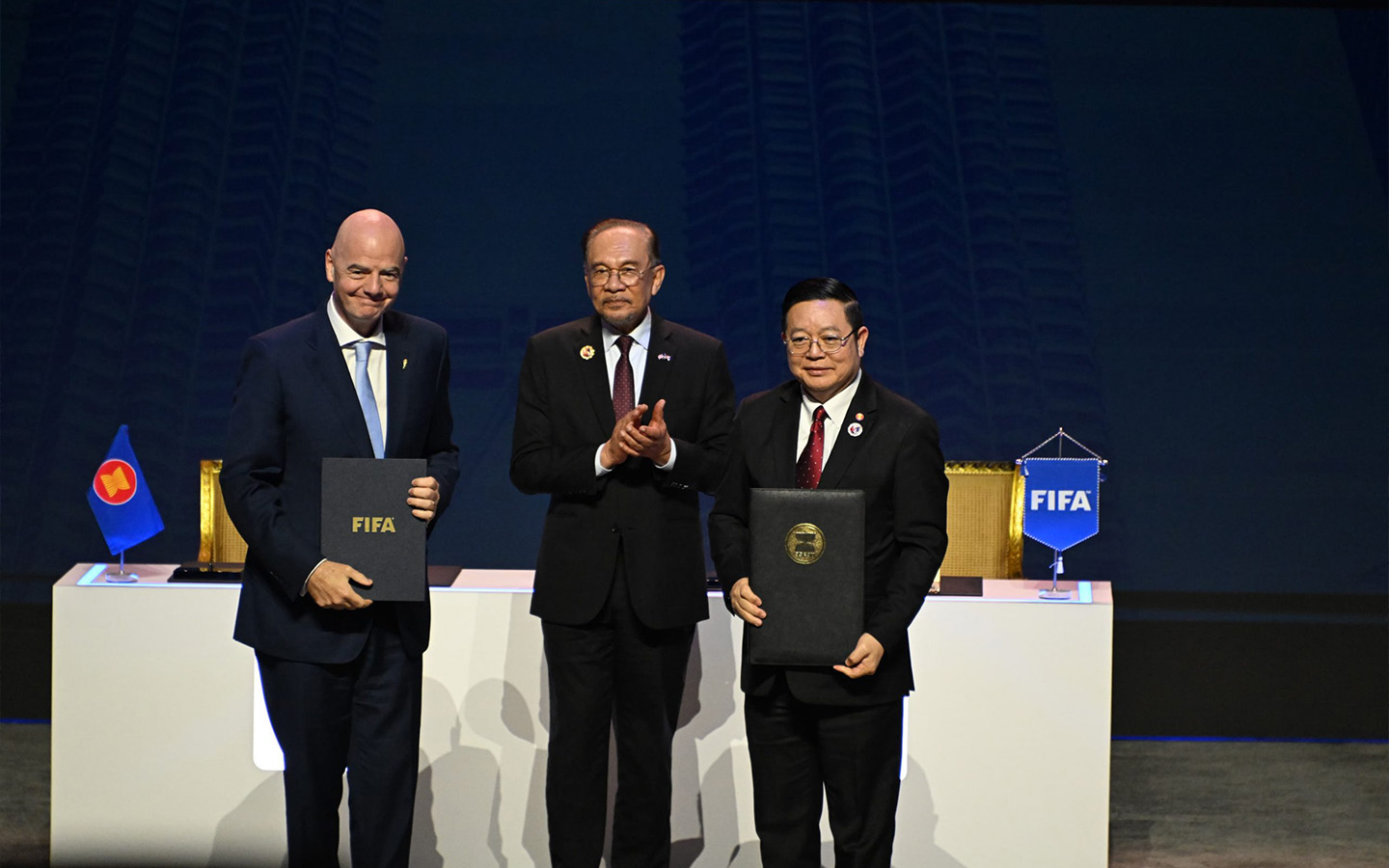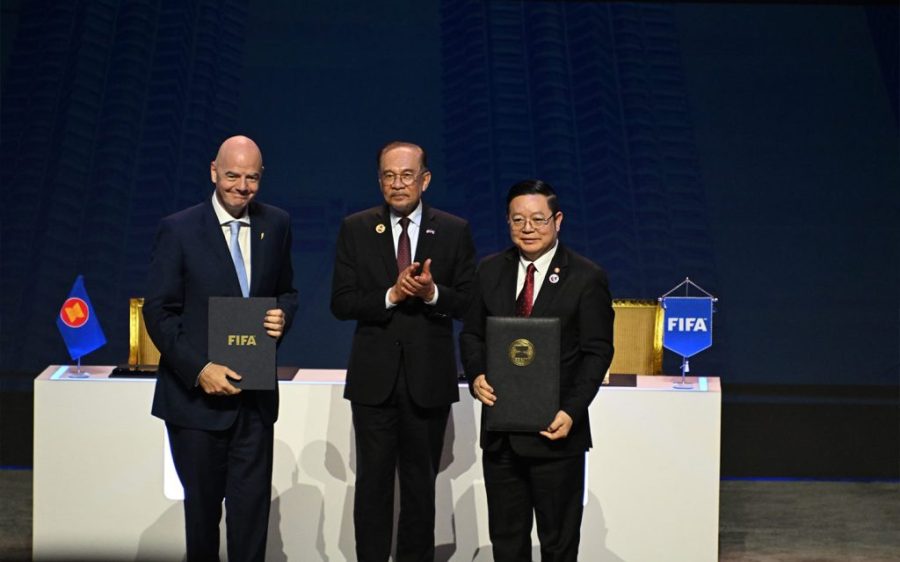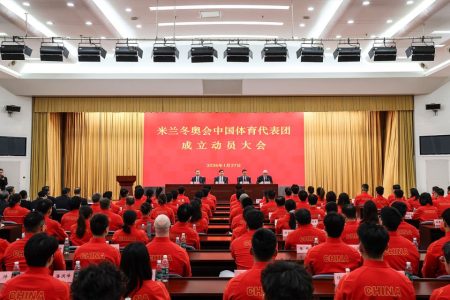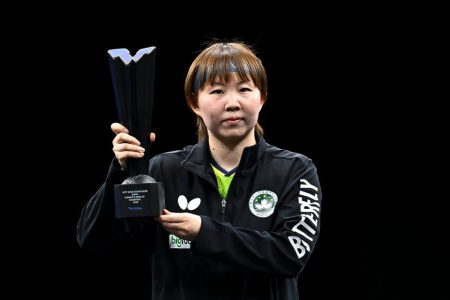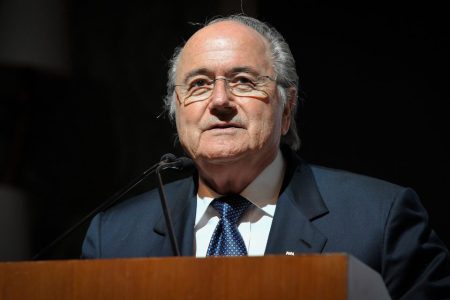FIFA has announced the launch of the FIFA ASEAN Cup, a new regional football tournament to bring together nations across Southeast Asia and strengthen the development of the sport in the region. The news came alongside the signing of a renewed Memorandum of Understanding between FIFA and the Association of Southeast Asian Nations (ASEAN), marking a second five-year phase of collaboration.
The announcement was made during the 47th ASEAN Summit in Kuala Lumpur, where FIFA’s president, Gianni Infantino, and ASEAN secretary-general, Dr Kao Kim Hourn, formalised the agreement, witnessed by Malaysia’s prime minister and ASEAN chair, Anwar Ibrahim. Building on the original 2019 partnership, the renewed memorandum expands the scope of cooperation to include initiatives promoting integrity, inclusion and climate resilience in football, as well as the launch of the first-ever FIFA ASEAN Cup.
The tournament, modelled on the successful FIFA Arab Cup, will feature national teams from all ASEAN member states and is seen as a major step forward for the region’s football landscape. Infantino said the new partnership would help use football as “a vehicle that brings hope and joy to millions of children and young people across Southeast Asia,” while giving ASEAN nations a platform to shine on the global stage.
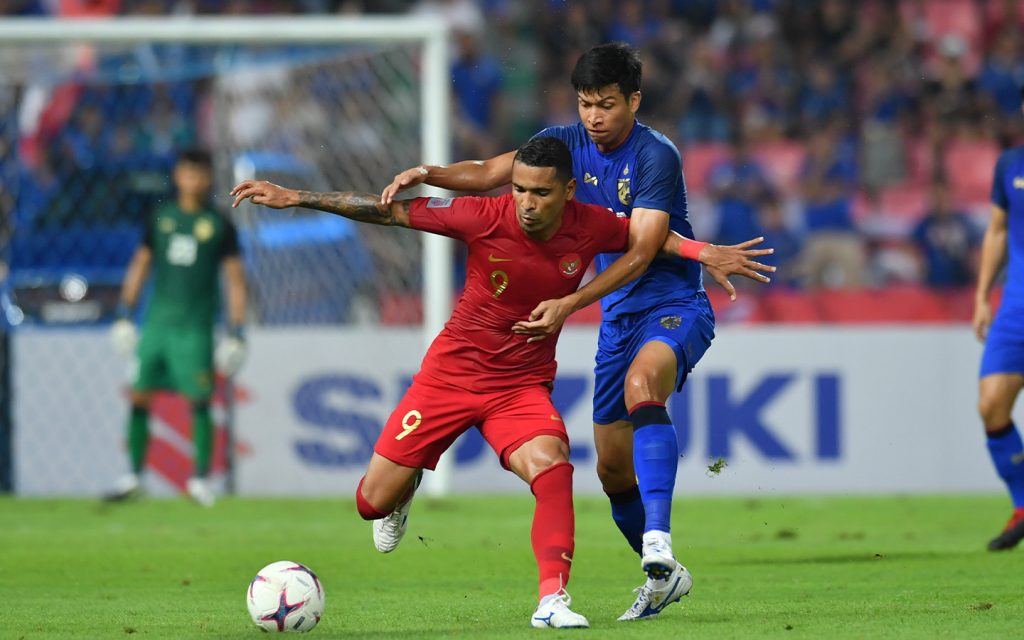
Which countries are involved in the FIFA ASEAN Cup?
The competition will include all ASEAN member states: Brunei, Cambodia, Indonesia, Laos, Malaysia, Myanmar, the Philippines, Singapore, Thailand, Timor-Leste, and Vietnam. These countries are all part of the ASEAN community and members of FIFA through their respective national football associations.
Why was the tournament created?
The FIFA ASEAN Cup aims to create more opportunities for Southeast Asian teams to play regular competitive matches, while also supporting grassroots development and youth talent pathways.
Beyond the sport itself, FIFA says the tournament is designed to foster social progress and strengthen regional unity, showcasing the region’s footballing potential while contributing to wider social and economic development goals.
[See more: Hong Kong’s Darryl O’Young to bow out at the Macau Grand Prix]
What does the memorandum cover?
The new agreement between FIFA and ASEAN extends their partnership for five more years and outlines five key pillars: promoting sports integrity, supporting social and economic development, improving football infrastructure and education, advancing inclusion, and addressing climate change resilience.
The agreement builds on their 2019 collaboration, which introduced initiatives such as FIFA Football for Schools and health awareness campaigns across Southeast Asia.
What format will the tournament follow?
The exact format of the FIFA ASEAN Cup has not yet been finalised. FIFA said it will work closely with the Asian Football Confederation (AFC), the ASEAN Football Federation (AFF) and the member associations of each participating nation to determine the structure.
The competition is expected to be held during FIFA’s international match windows, allowing players from leagues worldwide to represent their national teams.
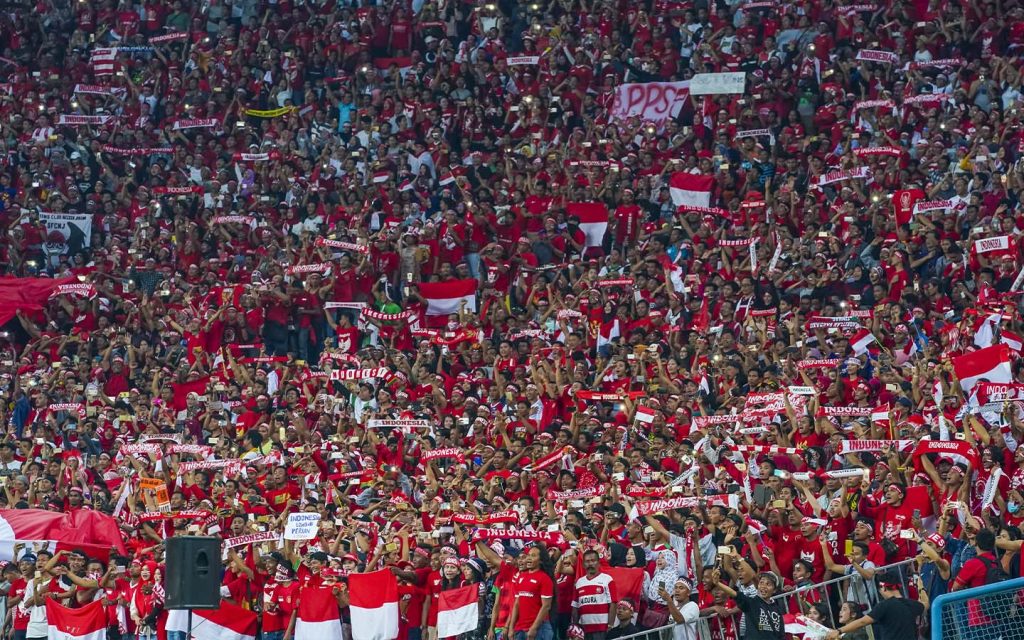
How will this affect football development in Southeast Asia?
The new tournament is expected to boost the standard of football across ASEAN by giving teams more competitive opportunities and exposure. It also complements existing initiatives, such as the biennial AFF Championship – now known as the ASEAN Championship – which has been held since 1996.
By operating under FIFA’s umbrella, the ASEAN Cup may attract additional funding, sponsorship and international attention, helping national teams grow on and off the field.
How does it differ from the ASEAN Championship?
While both tournaments feature Southeast Asian nations, the FIFA ASEAN Cup is organised directly by FIFA and focuses on broader regional development goals. The ASEAN Championship will continue independently, providing a complementary platform for regional competition.
[See more: Charles Leong aims for another win at the Macau Grand Prix]
What are the next steps?
FIFA will now consult with regional football bodies to finalise the tournament’s format, scheduling and hosting arrangements. No dates have been confirmed yet, but officials say the event could be held within the next international cycle once logistical and structural details are agreed upon.
